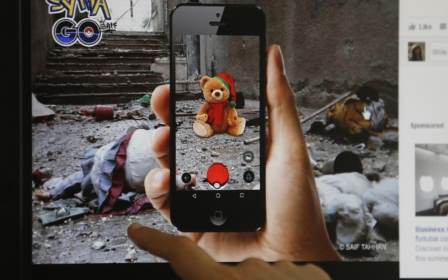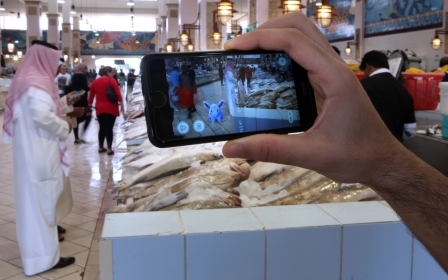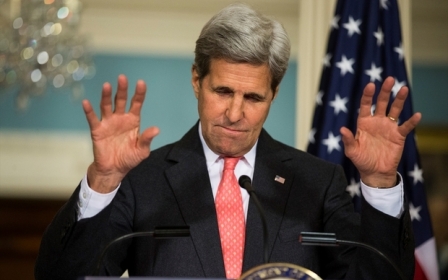Israeli army bans soldiers from playing Pokemon Go

The Israeli military has banned its soldiers from playing the Pokemon Go mobile phone game, saying the app could compromise security.
On Monday, the army said that its soldiers could not play the game when on base or on duty, saying that it feared that the gaming phenomenon – which activates cell phone cameras and location services – could end up leaking secret information and locations.
The statement added that the army was concerned about soldiers accidentally downloading spyware versions of the game which would then be able to snoop on soldiers and their activities round the clock.
The game, released last month, sees players form teams to chase and hunt down rival Pokemon. The game has already caused widespread controversy, with criminals using it to lure people to places where they could be mugged or assaulted.
A senior figure in the Lebanese army has also claimed that the Israeli spy agency, Mossad, was behind the game and was using it to spy on Lebanon. Egypt has also said that its government agencies were investigating whether the popular game should be considered a threat to national security.
But health concerns associated with playing the game outside have also been raised. The Israel Cancer Association has told Pokemon fans to not spend prolonged periods of the day playing the game in the summer heat to avoid excessive sun exposure.
"In the game itself, some of the Pokemon snatchers are always with a baseball hat on," the association said on its website. "In the real world too, make sure you wear a hat before going outdoors."
Israel's emergency rescue service Magen David Adom has also urged caution, stressing that it has seen several accidents associated with the game. Last week, a teenage girl fell off her bike while playing the game and suffered a head injury while a 35-year-old player ran into a glass door and suffered "massive bleeding" in his legs.
"Apparently the game is not as friendly as we thought," the group said in a statement.
New MEE newsletter: Jerusalem Dispatch
Sign up to get the latest insights and analysis on Israel-Palestine, alongside Turkey Unpacked and other MEE newsletters
Middle East Eye delivers independent and unrivalled coverage and analysis of the Middle East, North Africa and beyond. To learn more about republishing this content and the associated fees, please fill out this form. More about MEE can be found here.




